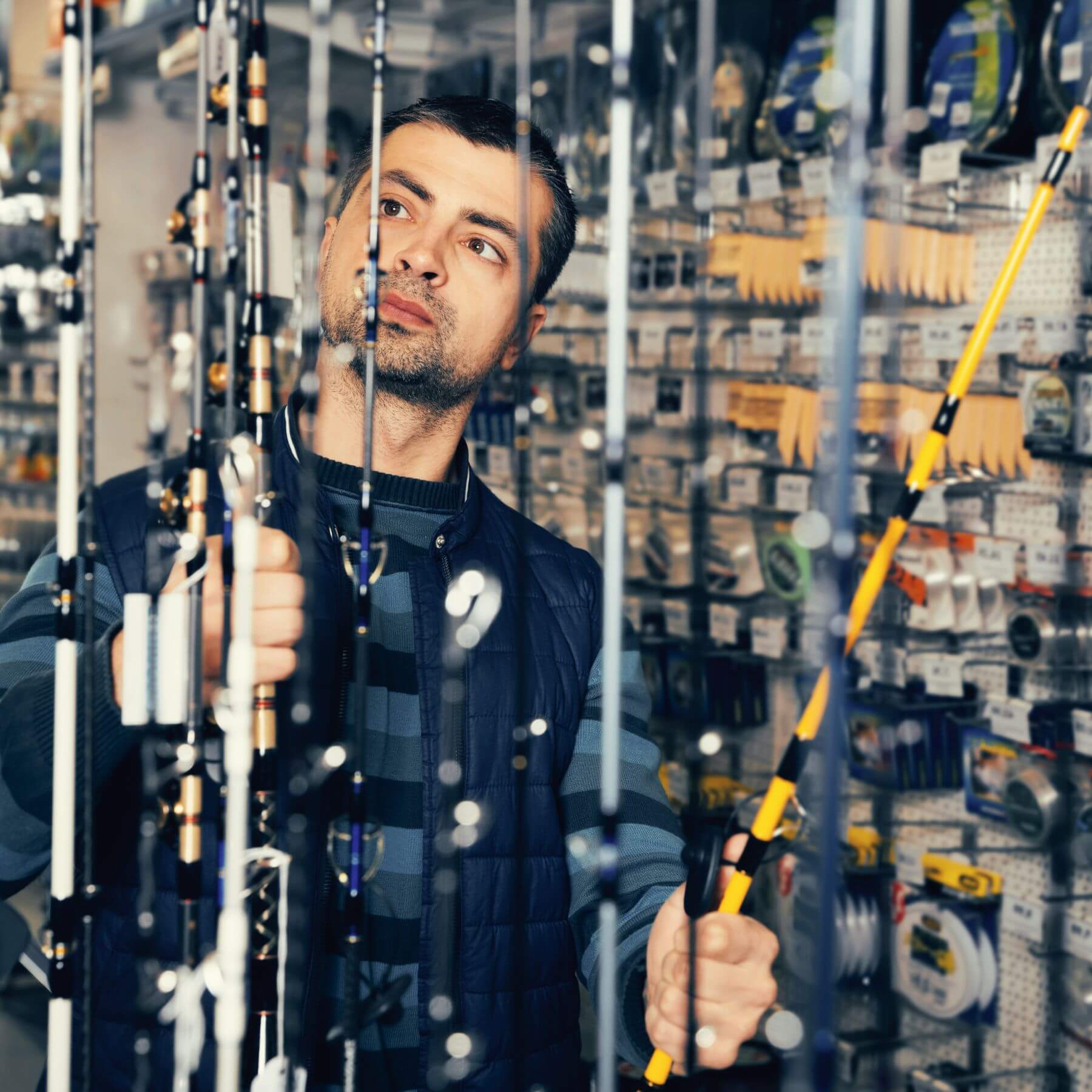
Best Trout Lures: Spinner, Spoon or Softbait?
You are here because you want to catch more trout with the best trout lures on the market. Maybe you're just unsure which is the best to use. You're not alone. Many anglers spend hours casting without a bite, simply because they’re using the wrong lure at the wrong time or working it the wrong way.
In this guide, we break down the top three trout lures. We discuss spinners, spoons, and softbaits. You’ll learn when to use which, how to rig and retrieve them, and what colors and setups give you the edge, season by season. Whether you fish creeks, mountain rivers or stillwater lakes I promise these tips will help you pick the right lure and start catching more trout, fast.
Best Trout Lures: Spinner, Spoon or Softbait? – Everything at a Glance
- • Which lure type works best in which conditions
- • Seasonal lure tips for spring, summer, fall & winter
- • How to retrieve spinners, spoons and softbaits correctly
- • Best trout fishing spots and presentation tricks
- • Top lure colors and sizes to maximize your catch rate
- • Our expert picks: SALTA Spinner, NEMA Spoon & the JAEGER Trout Kit
Why Lure Choice Matters for Trout Fishing
Trout aren’t random biters. They’re visual hunters, curious by nature, but often picky. If your lure doesn’t trigger the right response, they’ll follow and turn away. That’s why choosing the right lure is more than just picking a flashy color.
Trout react to specific triggers like movement, flash, vibrations, and natural-looking action. In clear water, they inspect your lure closely. In cold, deep pools, they need a slower, more subtle presentation. And during feeding phases or aggressive moods, even bold colors or fast retrieves can hit the mark. Each body of water adds another layer.
- Is the water crystal clear or murky?
- Are you fishing shallow current or deep lakes?
- Is the water cold, warm, or changing fast with weather fronts?
Your lure needs to do one thing. It needs to immediately spark a reaction. Whether that’s curiosity, instinct, or aggression, the right lure, in the right condition, will draw the strike.

Trout Spinners – When & How to Use Them
If you’re after aggressive, fast-reacting trout, spinners are a go-to choice. These classic lures work by combining two powerful triggers: flash and vibration. The rotating blade reflects light and sends pressure waves through the water and is irresistible for active fish in the right conditions.
When Spinners Work Best
- Clear streams and rivers where trout can see and track fast lures
- Spring and early summer, when fish feed in current and react quickly
- Flowing water – because the blade action stays consistent even in drift
How to Retrieve
- A steady retrieve works best in current – let the blade do the work
- In slower water or lakes, try a “stop and go” or twitch to trigger follows
- Don’t retrieve too fast – especially in cold water
Best Spinner Colors & Brands
Natural tones like silver, gold or brown perform well in bright light and clear water. Trusted brands like premium JAEGER spinners (SALTA) offer excellent quality and consistent performance.
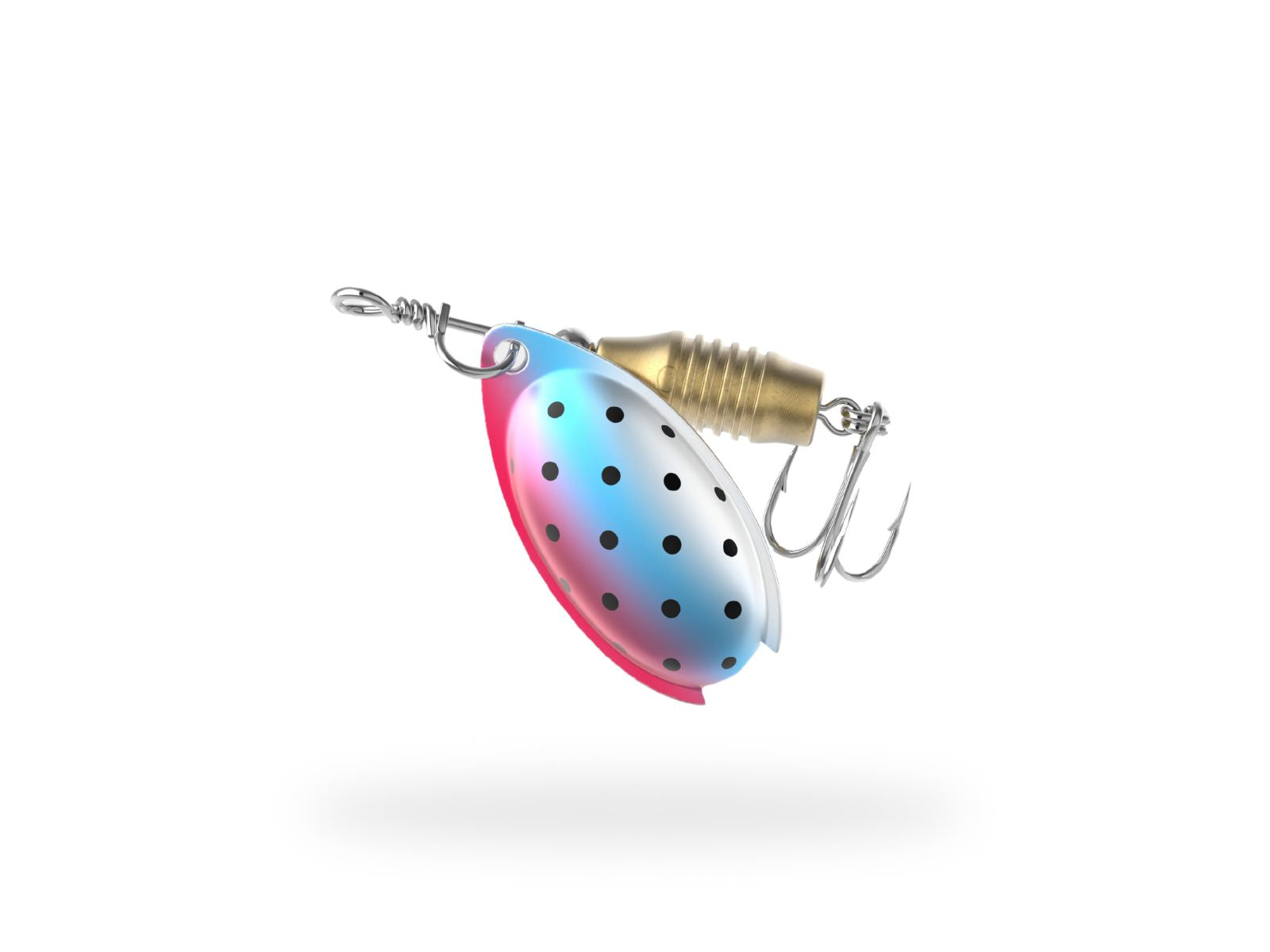
SALTA – Trout Spinner
★★★★★ (20 reviews)
Experience successful trout fishing with the SALTA Spinner. This classic lure creates irresistible vibrations and movements under water that magically attract trout. Perfect for all waters, weather conditions and seasons.
Trout Spoons – Old-School but Gold
Some lures never go out of style. Spoons are one of them and for good reason. Their wobbling motion mimics an injured baitfish perfectly, making them deadly for trout that rely on visual cues in open water.
Why Spoons Still Work
- Natural wobble that triggers instinctive strikes
- Great casting distance, especially in windy or wide-open spots
That makes them ideal when you need to cover water or reach deeper holding zones. Their flash isn’t as intense as a spinner, but the action is often more realistic, especially when fish are pressured or less aggressive.
When to Use a Spoon
- Colder months like late fall and winter
- Deep pools or ledges where trout rest
- Stillwater lakes, where longer casts make the difference
- Tough days when trout ignore faster lures
How to Retrieve It
Start with a slow, steady retrieve, keeping the spoon close to the bottom or midwater. You can also try jigging-style lifts– a few twitches followed by a pause often gets the hit. The key is to keep it natural and never rush it.
Spoon vs. Spinner – What’s the Difference?
While spinners create a steady flash and vibration, spoons rely more on visual realism and erratic motion. They excel when trout are deeper or sluggish, while spinners are better in current and when trout are feeding high in the water column.
Want to go deeper into trout setups and rigging techniques?

Trout Fishing Made Easy
You’re dreaming about landing your first big trout – but standing by the water, you’re left wondering: Which rig should I use? This guide breaks it all down: spoons, rigs, retrieves, and how to outsmart cautious trout in any water.
➤ Read the Full Trout GuideWant to level up your trout game even further? The NEMA Spoon is built for long casts, deep pools, and hard strikes. With its seductive wobble and high-quality finish, it's one of the most reliable trout baits in the JAEGER lineup.
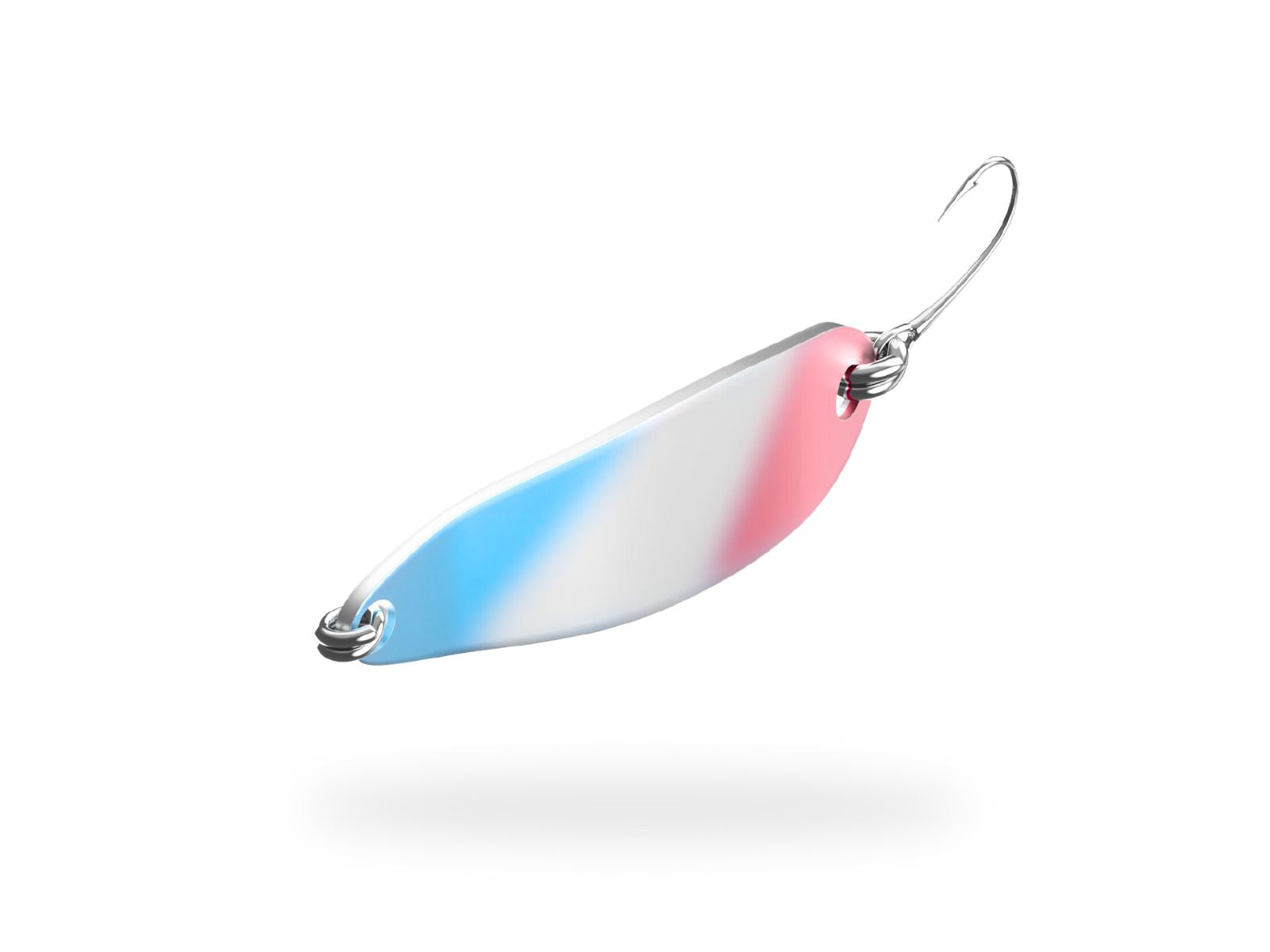
NEMA – Trout Spoon
★★★★★ (16 reviews)
The NEMA Spoon is your deep-water weapon for landing more trout. Swiss-designed for long casting, natural wobble and reliable hook-up – this lure performs in lakes, rivers, and mountain streams alike.
What Is the Best Trout Lure?
There’s no one-size-fits-all answer. The best trout lure depends on water clarity, depth, temperature, and fish activity. What works in a clear, fast-flowing stream may fail in a deep, cold lake.
- Use spinners for active trout in current or clear water
- Switch to softbaits when fish get picky or water is still
- Rely on spoons in deeper or colder zones, especially in winter or early spring
Seasonal Trout Lure Guide
Trout don’t behave the same all year and your lure shouldn’t either. The best results come when your approach matches the seasonal habits of the fish. Here’s how to adapt your lure strategy for spring, summer, fall, and winter.
Best Trout Lures Spring
As temperatures rise, trout become more active and move into shallower water. They’re feeding again, but still cautious.
Spring Presentation Tips
Best lures: Small spinners and softbaits in natural colors
Presentation: Light and subtle, long casts
Hot spots: Sunny flats, creek mouths, gravel shallows
Best Trout Lures Summer
In summer, trout often retreat to deeper, cooler zones during the day and become active early and late.
Summer Presentation Tips
Best lures: Flashy spoons, jigging presentations
Presentation: Fast in the morning, slower and deeper by midday
Hot spots: Drop-offs, shaded banks, oxygen-rich current seams
Best Trout Lures Fall
Fall brings out the aggressive side of trout. They feed heavily before winter and respond to larger, bolder presentations.
Fall Presentation Tips
Best lures: Larger spoons and spinners in bright or contrast-rich colors (orange, gold, firetiger)
Presentation: Steady or erratic retrieves with confidence
Hot spots: Inflows, deeper runs, areas with lots of baitfish
Best Trout Lures Winter
Trout slow down in winter. They stick to deep, calm water and feed infrequently – but precisely.
Winter Presentation Tips
Best lures: Softbaits on jigheads, natural movement
Presentation: Ultra-slow, near bottom, with pauses
Hot spots: Deep pools, undercut banks, slow bends
Trout Fishing Tips for Better Action
Even experienced anglers sometimes go home empty-handed – not because the fish aren’t there, but because small adjustments were missing. Fine-tuning your presentation can turn a slow session into a successful one. Here’s what makes the difference:
Choose the Right Color for the Conditions
- Clear water, bright skies → use natural colors like silver, olive, brown
- Cloudy weather or murky water → go bold: firetiger, orange, chartreuse
- Adjust color throughout the day – trout respond to contrasts, especially when the light shifts
Vary Your Retrieve Speed
- In cold water, trout slow down, so should your retrieve
- In warm or fast-flowing water, quicker movements can trigger reaction bites
- Mix it up, steady, stop-and-go, twitching, until you find what works
Target the Right Spots
- Undercut banks
- Rock piles and sunken logs
- Current seams and drop-offs
- Shade lines, especially on hot days
Make your casts count by targeting ambush zones with precision.
Don’t Give Up After a Follow
- Cast again from a different angle
- Switch up the retrieve style
- Try a color change or smaller profile
Being persistent, not repetitive, is key to triggering that final strike.
Customer Reviews & Real Trout Wins
★★★★★
06/11/2025 – Ryan M. (CO)
“I’ve fished for trout for years, but the SALTA Spinner was a game changer. First cast into a mountain stream and bang – hooked into a solid brown. The JAEGER Trout Kit is dialed in.”
★★★★★
07/04/2025 – Emily T. (WA)
“Took the Trout Kit out to a local lake with my kids. The NEMA Spoon outperformed every other lure in our box – three rainbows in an hour. Love the quality and the design.”

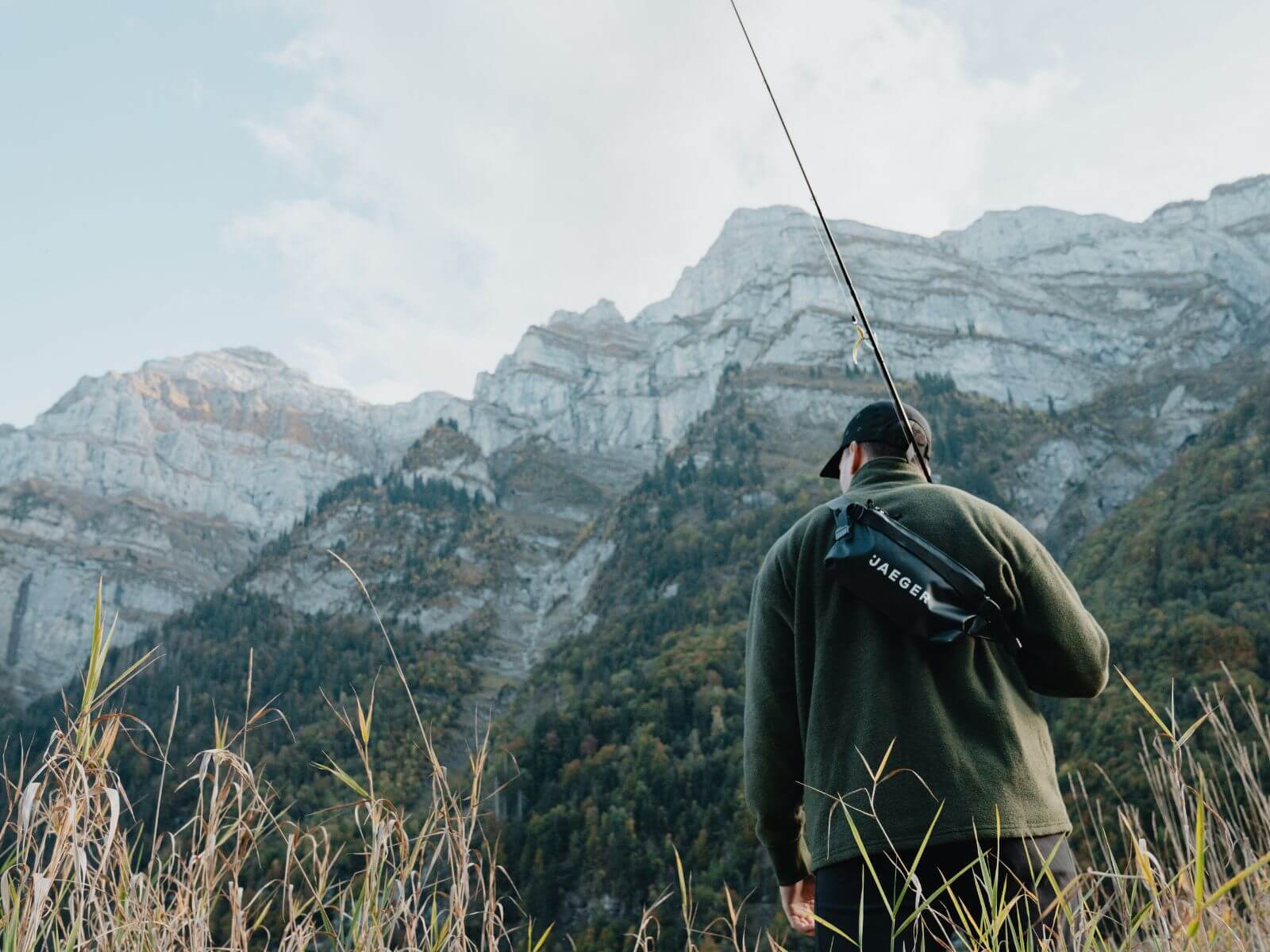
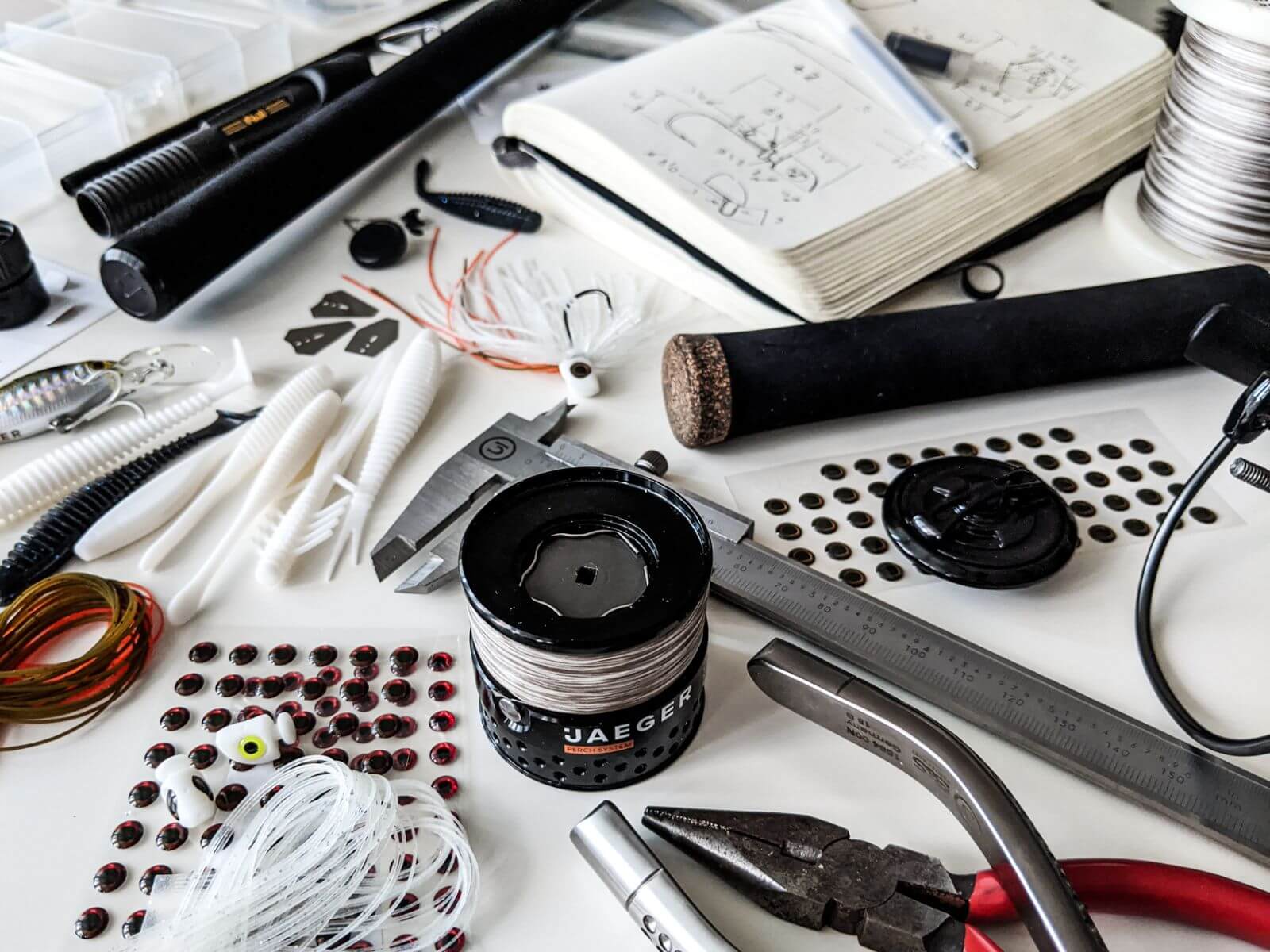
Leave a comment
This site is protected by hCaptcha and the hCaptcha Privacy Policy and Terms of Service apply.